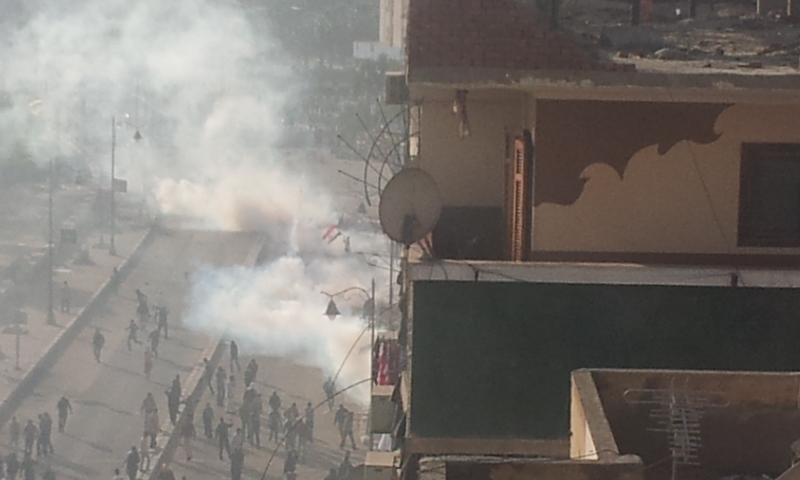
(Photo from Ethiopian Electric Power Cooperation)
Ethiopia is “committed to genuine negotiations with Egypt” in order to address the downstream nation’s concerns about the Grand Ethiopian Renaissance Dam (GERD), said Ethiopian Minister of Foreign Affairs Tedros Adhanom.
Adhanom added that his country’s government was “always prepared to follow the path of equitable and reasonable utilisation of water resources of the Nile for the realisation of shared benefits and a win-win approach.”
The minister’s comments came in a statement issued by the Ethiopian foreign ministry on Friday comprising statements made by him to President of the Republic of Yemen Abdu Rebu Mansour Hadi in Sana’a following the end of the Fifth Joint Ministerial Commission meeting.
Tensions between Egypt and Ethiopia have persisted amid failed tripartite talks with Sudan regarding the GERD.
Adhanom also said the dam “was a landmark in Ethiopia’s march towards prosperity and sustainable development” and “the GERD would contribute greatly to the transformation of the economies and societies of all Nile basin countries including Egypt.”
Only one week before Egyptian Minister of Foreign Affairs Nabil Fahmy stated that he had yet to receive a response to suggestions he made to Adhanom regarding the GERD. The two had met in Brussels at the beginning of April on the sidelines of the fourth EU-Africa Summit.
Also last week, Prime Minister Ibrahim Mehleb said that Ethiopia had the right to produce electricity, but must do so without harming Egypt’s water security interests.
In March the Egyptian Ministry of Foreign Affairs announced its “official stance” on the GERD, also saying that it was seeking a “win-win” scenario that would protect Ethiopia’s developmental needs, Sudan’s interests and Egypt’s water security.
Tripartite talks were held between Egypt, Sudan, and Ethiopia in November, December and January but no agreement was reached. The talks focused on the formation of a committee to implement recommendations put forth by a report detailing confidence-building measures concerning the dam and its effect on downstream nations.
The latest talks concluded in February after failing to resolve the sticking points of the debate between the two countries.
Ethiopia’s ambassador to Egypt, Mahamoud Dirir, previously said that he doubted the need for mediation between the two countries, stressing the importance of constructive dialogue as the only alternative.
Dirir said that it was “naïve” to consider that the ties between the two countries should “solely be viewed through the prism of the Nile issue”, adding that “there are only two…countries in the entire world which are well-placed to mediate between Egypt and Ethiopia; and these are, of course, Ethiopia and Egypt themselves.”

